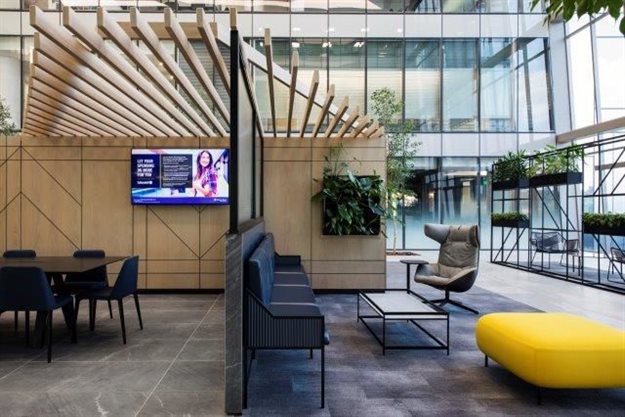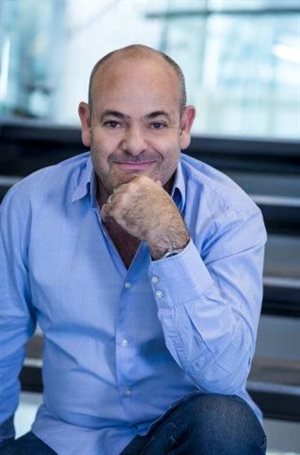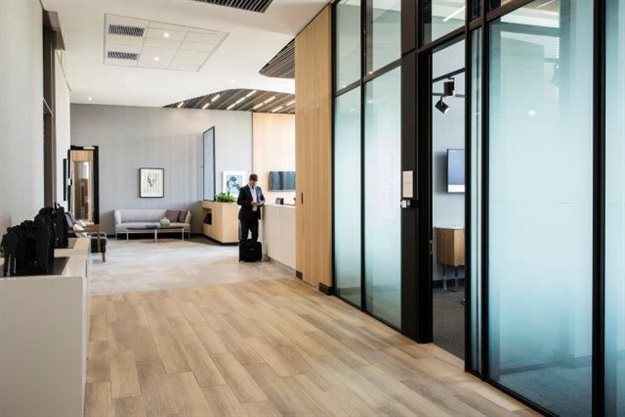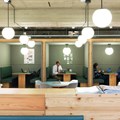The current response to Covid-19 and working from home has many unanticipated pitfalls. The dialogue around culture and new ways of working has been accelerated by Covid-19, which makes this an extremely exciting time to be an architect.

Workspaces must address remote working and entice people back into the office.
We are going to have to design spaces that address the impact of remote working and entice people back into the office.
These need to be spaces where culture, connections and workflows can be nurtured and enhanced – meaning we will have to reimagine what the working experience could be.
Companies that can address many of the shortcomings of remote working – and there are many – will find this an untapped market. As a direct result of Covid-19, the five areas below will continue to be of interest:
- Where people can afford it, upgrading work-from-home spaces is essential.
- Repurposing brownfield sites for use as mixed-use developments or residential space.
- Redeveloping workspaces driven by communal working and a lifestyle focusing on culture, connections and improved workflows.
- The emergence of workspace and office furniture that augments the workspace experience.
- Software to drive remote working and meetings is a new battleground.

Anthony Orelowitz, director, Paragon Group
In the long term, I expect that things will hybridise. We are going to have to work with a new blended model of work-from-home versus working-from-the-office. Important issues that I believe will have to be addressed in this hybrid model include:
- Finding ways to mentor employees working remotely.
- How to continue and rejuvenate the process of collective creativity.
- How to grow and foster organisational culture.
- Creating meaningful interaction between colleagues, as some people will become depressed due to the lack of meaningful work/social connection.
These are just some of the challenges we will have to deal with in the future. However, the resolution of these issues is filled with the promise of a better quality of life for us all.
The most significant long-term focus area is going to be issues stemming from flexible working: Finding the balance between working from home and the office.
In the short term, the effects of Covid-19 will exacerbate what is already a highly depressed market. Vacancies are going to continue for longer than originally anticipated. The commercial sector is going to experience pain for a lot longer. Work from home is going to be tested and will then have to be adapted.

A new hybrid model will balance work-from-home versus work-from-the-office. (Image: Sarah DePina)
Our future focus will be to find effective ways to address these issues. As an architectural practice, we are going to have to innovate, downsize and outsource. In the short to mid-term, from a work perspective, we are going to have to move our business to where the market is still active, namely student housing, industrial warehouses, logistics hubs and hospitals.
We are headed for an extremely difficult period. Unfortunately, this may be for an unforeseen and protracted period – perhaps beyond 2021 to as far as 2024-25.
This relates primarily to the commercial, retail and hospitality sectors. A consequence is that developers focusing on other sectors such as affordable residential units and student accommodation will find that these sectors have a limited capacity, so in the mid-term we could find that things may become even tougher.
Whatever the future holds, there will always be opportunities. Those who can see beyond the current doom and gloom will undoubtedly find ways to survive and even thrive again – soon.









































